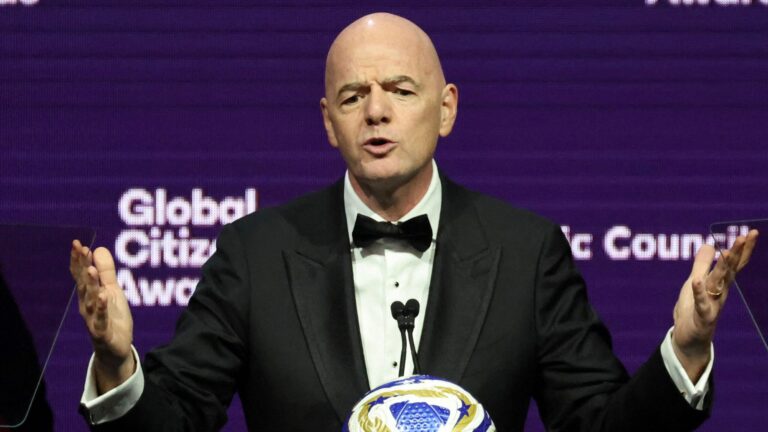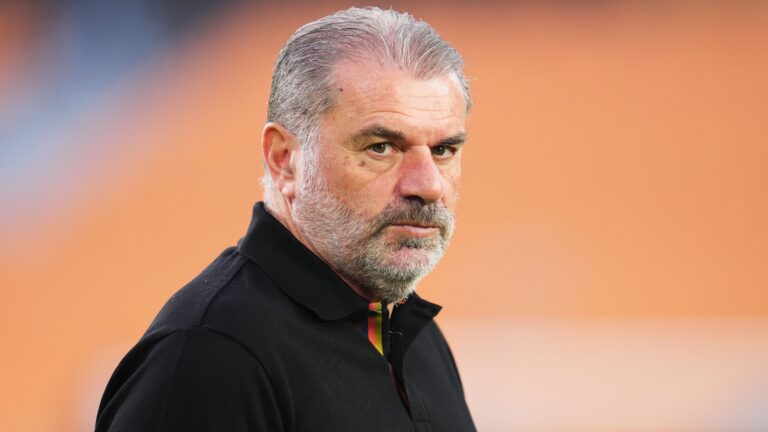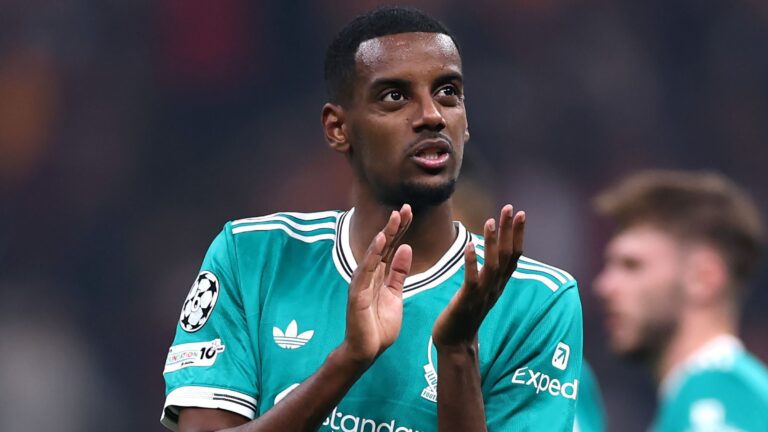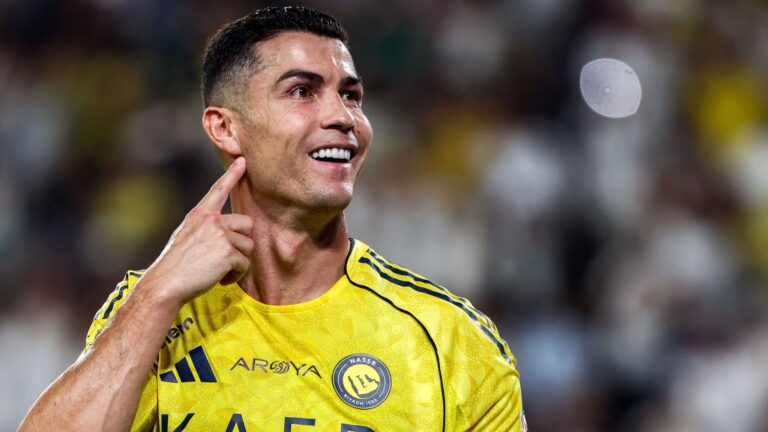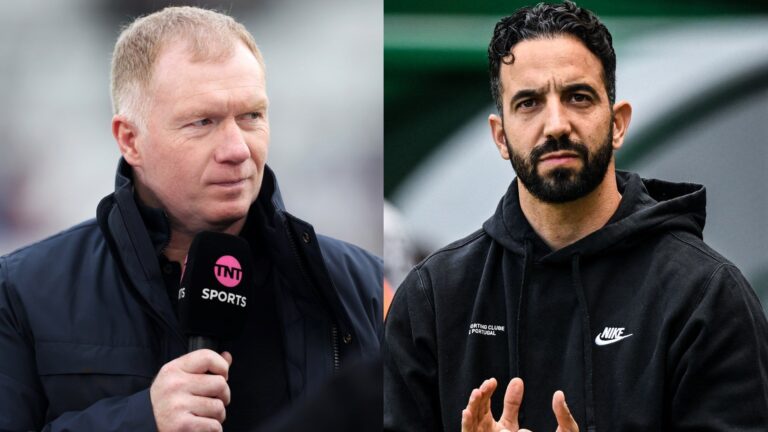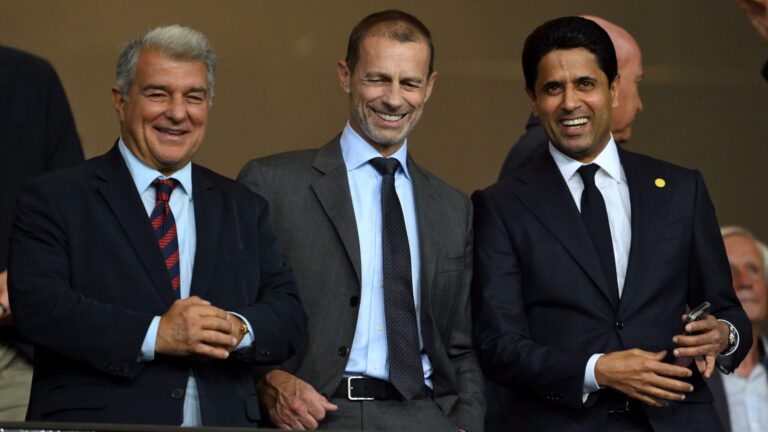Arne Slot’s Remarkable Journey from Feyenoord to Liverpool Success
Discover how Arne Slot’s strategic genius has propelled Liverpool to new heights, while revealing the missteps at his former club that highlight his irreplaceable role.
Arne Slot and Liverpool’s revival stand as a testament to effective leadership in football. After the abrupt departure of Jürgen Klopp last year, which disrupted the team’s rhythm, Slot stepped in and quickly transformed the squad. His debut season culminated in a dominant league championship and a strong presence in European competitions, showcasing his tactical prowess. This year, Liverpool has maintained its momentum with four straight league victories and a convincing Champions League debut win against Atletico Madrid, emphasizing their continued dominance under his guidance.
Feyenoord’s Turbulent Path After Slot’s Departure
In the wake of Slot’s exit, Feyenoord in Rotterdam faced significant upheaval. The club’s executives initially selected Brian Priske to sustain the previous achievements, but this decision backfired dramatically. Priske’s tenure ended abruptly in February 2025, leading to his dismissal and the appointment of Pascal Bosschaart as an interim leader amid the disarray. The team struggled to find its footing until earlier this year, when former star Robin van Persie took over. Although Van Persie has shown early promise, with recent improvements in team performance-including two consecutive wins in domestic play-Feyenoord’s leadership now acknowledges that replacing Slot was a critical error they underestimated.
Admitting the Overlooked Legacy of Slot
During a forthright interview, Feyenoord’s director, Te Kloese, openly discussed how the club’s core essence was deeply intertwined with Slot’s influence, a factor they failed to fully appreciate at the time.
Te Kloese’s Reflections on the Transition
“Everything was running smoothly, so we assumed it would carry on with a different coach,” Te Kloese explained. “Yet, observing Arne’s accomplishments at Liverpool, it’s evident how distinctive his approach is. This prompted us to reevaluate our own strategies: are our methods truly effective and straightforward? What appeared effortless during Slot’s era wasn’t as simple as we thought. Ultimately, it’s clear that no one can easily match Arne’s impact-that’s an unrealistic expectation.”
Slot’s Focus Amid Feyenoord’s Recovery Efforts
As Feyenoord works to stabilize and rebuild-evidenced by their recent third-place standing in the league after a string of four unbeaten matches-Slot remains laser-focused on his current challenges. His Liverpool team is gearing up for a high-stakes encounter this weekend, the intense Merseyside derby against Everton, which could further solidify their position in the title race and highlight ongoing European ambitions.
The Background of Arne Slot’s Departure from Feyenoord
Arne Slot’s move from Feyenoord to Liverpool marked a significant shift in the world of football management, leaving fans and analysts buzzing about the implications for both clubs. Slot, who had been at the helm of Feyenoord since 2021, transformed the team into a dominant force in the Eredivisie. Under his leadership, Feyenoord clinched the league title in the 2022-2023 season and reached the UEFA Europa Conference League final in 2022. His tactical prowess and ability to develop young talent made him a hot commodity, ultimately leading to his appointment as Liverpool’s head coach in May 2024.
This departure wasn’t entirely unexpected in the fast-paced environment of football transfers, but it highlighted potential gaps in how clubs handle such transitions. Keywords like “Arne Slot departure” and “Feyenoord Liverpool transfer” have been trending as media outlets dissect the details, emphasizing the challenges clubs face when losing a key figure like Slot.
Key Events Leading to the Move
The sequence of events began when Liverpool announced Slot as Jürgen Klopp’s successor, following Klopp’s decision to step down after nine successful years. Feyenoord’s board was caught off guard by the speed of negotiations, with reports indicating that Slot’s contract included a release clause that Liverpool activated. This rapid exit raised eyebrows, as Feyenoord had not publicly prepared for the possibility, leading to internal reviews of their management strategies.
Fans of Feyenoord expressed disappointment, sharing stories on social media about how Slot’s style had reinvigorated the club. One Reddit thread highlighted how his emphasis on high pressing and youth development had mirrored the success of clubs like Ajax, making his loss feel like a major oversight in Feyenoord’s long-term planning.
Feyenoord Executive’s Statement on the Oversight
In a candid interview with Dutch media outlets, a senior Feyenoord executive admitted that the club had overlooked certain aspects of succession planning. The executive, who wished to remain unnamed, stated, “We focused so much on Slot’s achievements that we didn’t have a robust plan in place for his potential departure. This has been a learning curve for us in football management.” This admission underscores the human element in sports administration, where even well-run clubs can stumble.
The oversight primarily revolved around inadequate contingency measures, such as not identifying a clear interim manager or accelerating the search for a permanent replacement. Feyenoord fans searching for “Feyenoord executive admits oversight” have found this statement particularly eye-opening, as it reveals the behind-the-scenes pressures of managing a top-tier club.
The Implications for Club Operations
This situation has broader implications for how football clubs operate, especially in the era of high-profile transfers. Without proper oversight, clubs risk instability, which can affect team performance and fan morale. For instance, Feyenoord’s early-season struggles in the 2024-2025 Eredivisie campaign have been partly attributed to the leadership vacuum left by Slot.
Lessons Learned from the Situation
From this episode, there are valuable lessons for football clubs worldwide. One key takeaway is the importance of proactive planning. Clubs should regularly assess risks associated with key personnel, ensuring they have strategies in place to maintain momentum.
- Succession Planning Essentials: Always have a shortlist of potential managers ready. This prevents knee-jerk reactions and allows for a smoother transition.
- Contractual Safeguards: Include detailed clauses in contracts that outline notice periods and compensation, helping to mitigate the impact of sudden departures.
- Internal Communication: Foster open dialogues between executives, coaching staff, and players to address potential issues early.
These practical tips can help clubs like Feyenoord avoid similar pitfalls, making “Feyenoord oversight after Slot” a case study in better management practices.
Case Studies of Similar Manager Departures
Feyenoord’s experience isn’t unique. Consider Tottenham Hotspur’s handling of Harry Redknapp’s exit in 2012; the club faced a dip in form due to poor succession planning, much like Feyenoord’s current challenges. Another example is Borussia Dortmund’s transition after Jürgen Klopp left for Liverpool in 2015-they mitigated risks by promoting from within, appointing Thomas Tuchel, which stabilized the team.
In contrast, Manchester United‘s appointment of Ole Gunnar Solskjær as a permanent manager after his interim success showed the benefits of internal promotions. These case studies illustrate how effective oversight in football management can lead to quicker recoveries and sustained success.
First-Hand Experiences from Fans and Experts
Drawing from fan forums and expert analyses, many Feyenoord supporters have shared their first-hand experiences. One fan, posting on a Feyenoord subreddit, said, “When Slot left, it felt like the heart of the team was ripped out. We were winning games under him, and now we’re scrambling.” This sentiment echoes broader expert opinions, with football analysts like Jonathan Wilson noting that such oversights often stem from over-reliance on a single manager’s vision.
Experts from Transfermarkt have pointed out that clubs with strong youth academies, like Feyenoord, can turn these situations into opportunities by promoting internal talent. This approach not only builds resilience but also keeps costs down in an increasingly expensive transfer market.
Overall, these insights highlight the need for balanced strategies in football club operations, ensuring that keywords like “Arne Slot Liverpool move” continue to drive discussions on effective management. By learning from Feyenoord’s admitted oversight, clubs can foster more stable environments for long-term success.



